Imagine escaping to an island. You’d need to outsmart new predators, seize novel food sources, and cope without escape routes—perhaps only your brain could get you through. A fascinating study published in Nature Communications now backs up that intuition with solid evidence.
What did the researchers find?
- Scientists analyzed over 11,500 bird specimens from more than 1,900 species, including 110 island-dwelling and 1,821 mainland species, using brain size measurements to compare across environments.
- After accounting for differences in body size and evolutionary history, they discovered that island birds tend to have relatively larger brains than similar mainland species.
- By comparing closely related island-mainland “sister species,” the study showed these larger brains evolved in-situ on islands—not just because clever birds were more likely to colonize islands.
What caused island birds to evolve bigger brains?
Scientists point to several ecological and evolutionary factors:
- Cognitive challenges of island life
Life on islands can be unpredictable—scarce food, isolation, habitat shifts. Smart decision-making and behavioral flexibility offer vital advantages. - The “Cognitive Buffer” hypothesis
Larger brains enhance adaptability, helping species survive environmental variability and expand into new niches. - Slower life histories on islands
Islands often favor species with longer development and life spans, giving time for bigger brains to evolve, despite their high energy cost.
This isn’t just brain size—It’s evolution in action
This study reinforces the idea that evolution can move in predictable directions, especially in starkly different environments like islands. Through their dataset, the researchers showed that relative brain enlargement is a recurring evolutionary strategy for birds adapting to island life.
Cited Sources
- Sayol, F., Maspons, J., Lapiedra, O., Iwaniuk, A. N., Székely, T., & Sol, D. (2018). Environmental variation and the evolution of large brains in birds. Nature Communications, 9(1), 1925. https://doi.org/10.1038/s41467-018-05280-8
- Sol, D., Sayol, F., Ducatez, S., & Lefebvre, L. (2016). The life-history basis of behavioural innovations. Philosophical Transactions of the Royal Society B: Biological Sciences, 371(1690), 20150187. https://doi.org/10.1098/rstb.2015.0187
- Sol, D., Duncan, R. P., Blackburn, T. M., Cassey, P., & Lefebvre, L. (2005). Big brains, enhanced cognition, and response of birds to novel environments. Proceedings of the National Academy of Sciences, 102(15), 5460–5465. https://doi.org/10.1073/pnas.0408145102
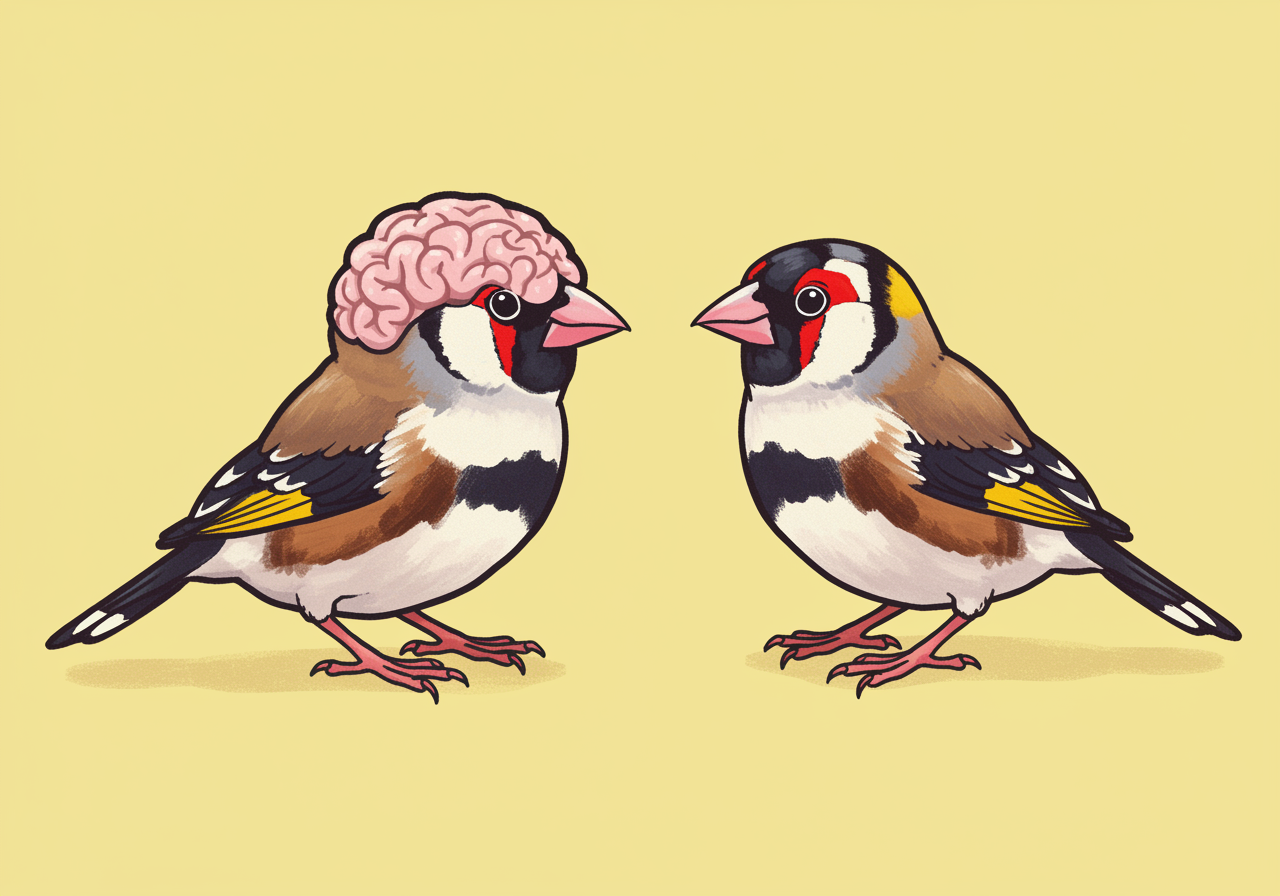

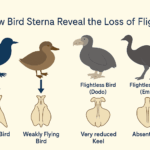

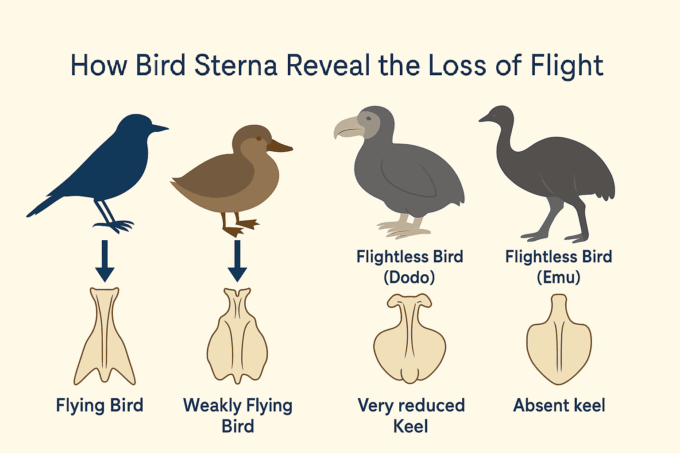
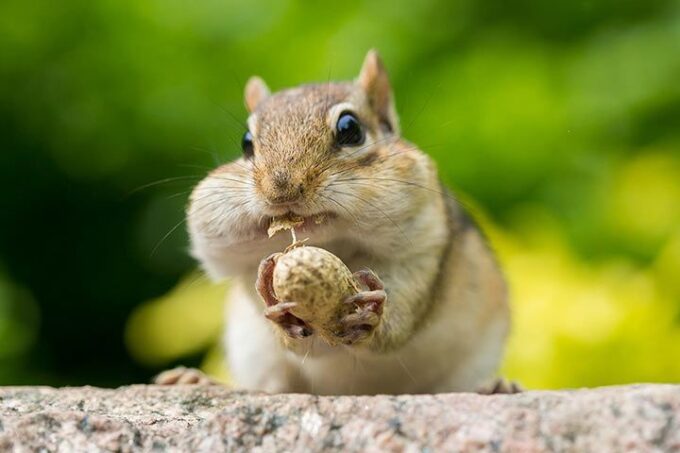
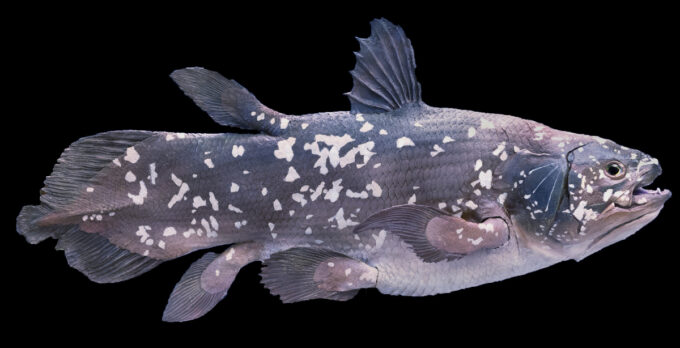
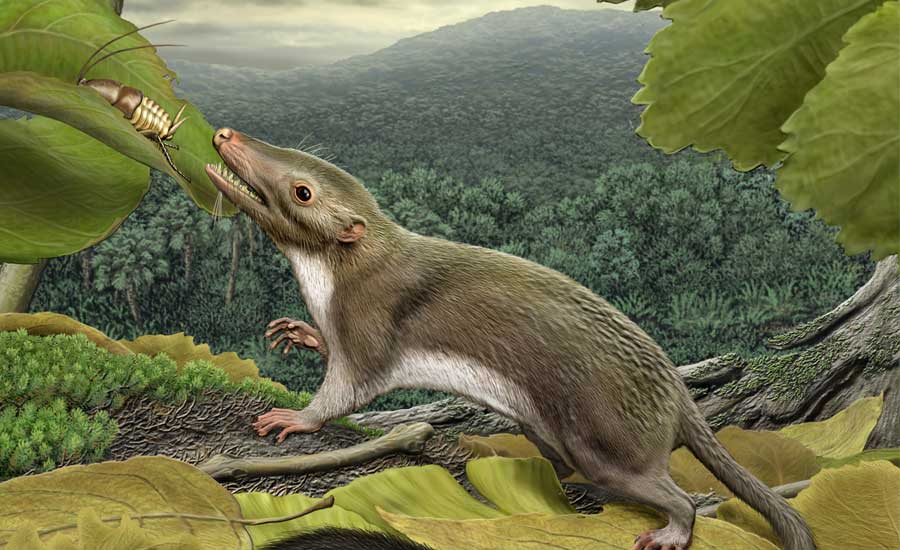
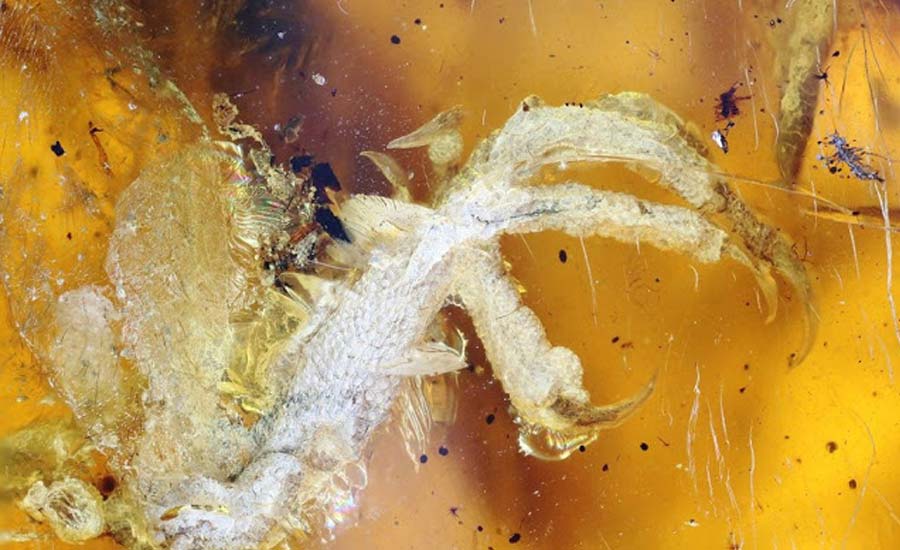
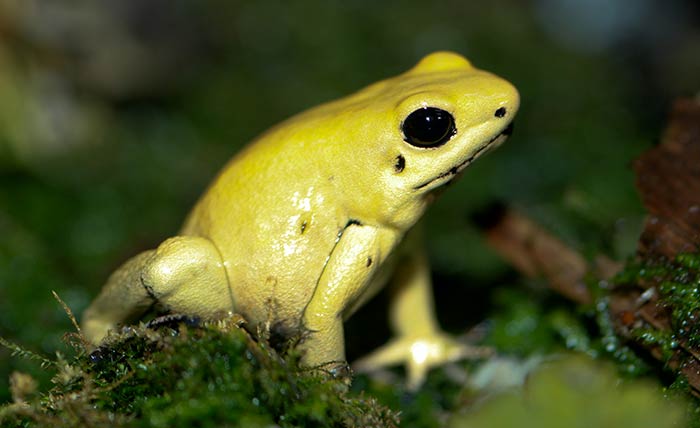
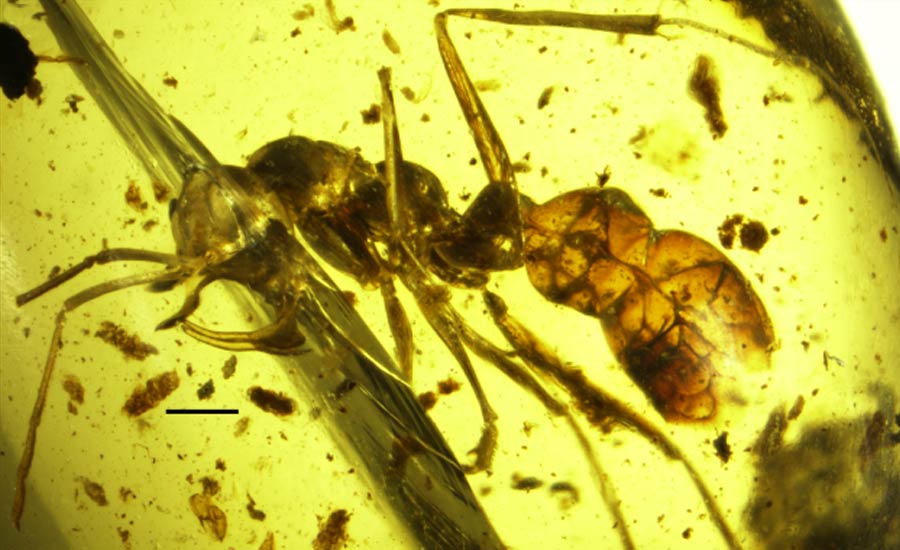
Leave a comment